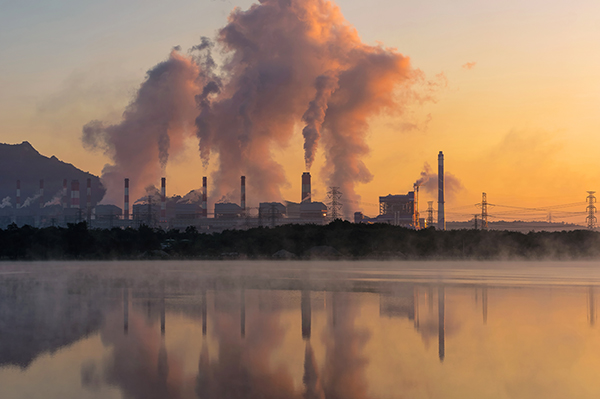After years of losses, Colorado coal jobs stabilized in 2018. The industry saw 4 percent job growth, a total of 1,304 jobs across the state.
“We’ve had a tough time since the peak of coal production in 2004,” said Colorado Mining Association President Stan Dempsey. “The mood is optimistic, but yet realistic.”
Colorado has six active coal mines that supply fuel to a range of industrial activities that include coal-fired power plants to concrete production. Of 2018’s job gains, West Elk Mine near Paonia dominated. The mine exports coal to other states and recently obtained approval from the Trump administration to expand.
But the West Elk expansion was fought by environmental groups over concerns about methane pollution and other climate change issues. The other challenge faced by mines: competition, and automation.
President Donald Trump made saving coal jobs a rallying cry during and after his 2016 election campaign, but so far those gains have been in the hundreds, not thousands. In Colorado’s fossil fuel industry as a whole, coal jobs rank behind oil and gas jobs, which number 29,127 in direct employment, according to state figures.
“What mines are doing are trying to find any efficiency they can,” said Rob Godby, an energy economist at the University of Wyoming. Godby notes that in the coal powerhouse state of Wyoming, jobs decreased 1 percent in 2018.
In Colorado, the industry in 2019 could face more uncertainty from the state Capitol. Democrats now control the House, Senate and governor’s office and are expected this session to introduce climate change legislation aimed at reducing greenhouse gas emissions, and emissions from fossil fuel-burning power plants. Gov. Jared Polis also has his sights set on curbing fossil fuel use, after he ran on a promise to bring 100 percent renewable energy to the state by 2040.
Polis and the Democrats have also introduced legislation to bring money back to communities affected by coal power plant closures. HB-1037 would create a financing mechanism through issuing bonds that would bring money to affected towns. Dempsey has concerns with the legislation, and worries it would be “an incentive to shut [plants] down sooner or faster.”
In the coming decades, Colorado will see a number of coal-fired power plant closures in Craig, Colorado Springs and Fort Collins. The next facility shuttered is expected to be the Nucla Plant. The southwestern Colorado station is slated for closure by 2023.





